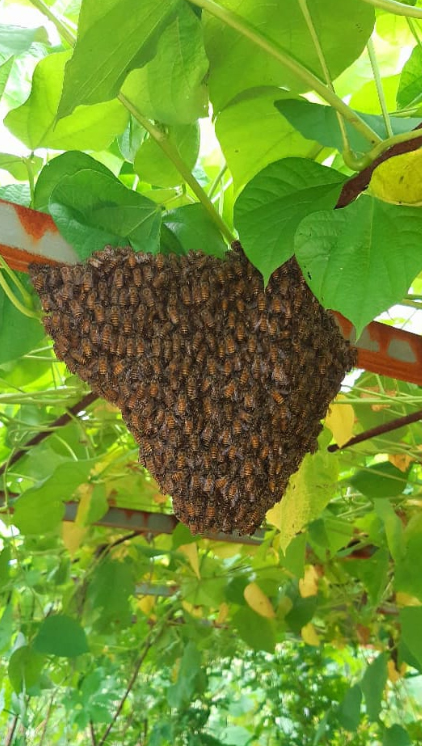
Pollinators are essential to our environment. The ecological service they provide is necessary for the reproduction of over 85% of the world’s flowering plants, including more than two-thirds of the world’s crop species.
Beyond agriculture, pollinators are keystone species in most terrestrial ecosystems. Fruits and seeds derived from insect pollination are a major source of diet of approximately 25% of all birds, and of mammals ranging from red-backed voles to grizzly bears.
At many places, this essential service of pollination is at risk from habitat loss, pesticide use, and introduced diseases.
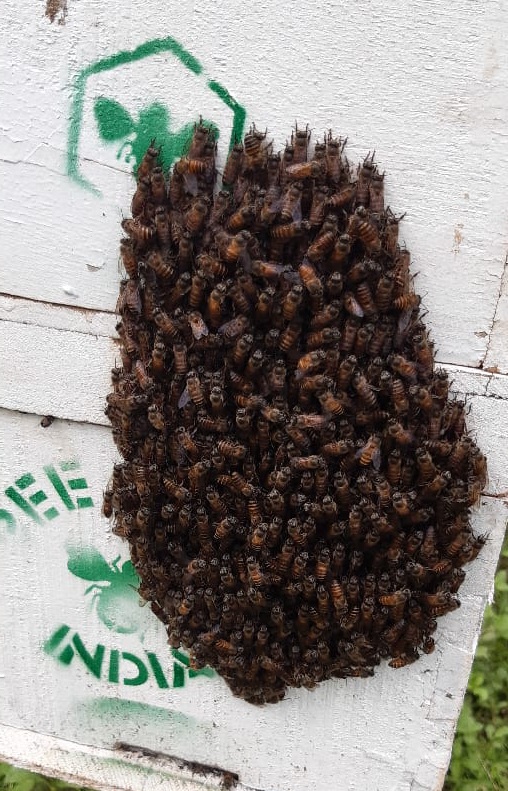
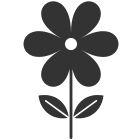
Flowers provide the nectar and pollen resources that pollinators feed on. Growing the right flowers, shrubs, and trees with overlapping bloom times will support pollinators from spring through fall.
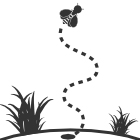
A home for growing pollinators is essential. You can leave patches of bare ground and brush piles or install nesting blocks, and plant caterpillar host plants.
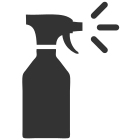
Pesticides are harmful to pollinators, especially insecticides. Herbicides reduce food sources by removing flowers from the landscape.
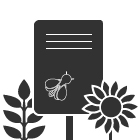
Let your friends and neighbours know that you’re providing habitat with a Pollinator Habitat Sign. You can also sign the Pollinator Protection Pledge!!!